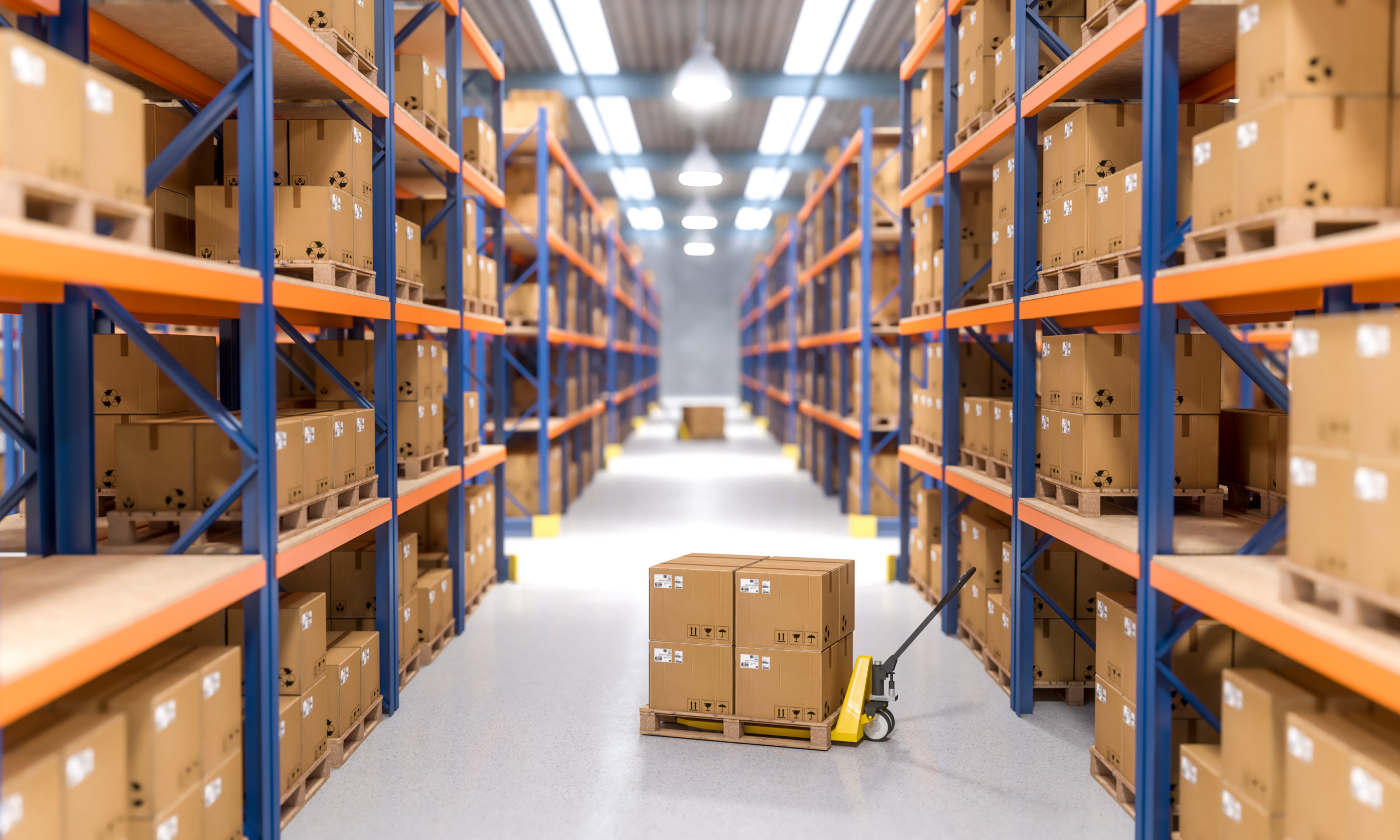Cloud Computing Transforms Logistics Operations
In the fast-paced world of logistics, speed, accuracy, and adaptability are essential. From managing complex supply chains to ensuring on-time delivery, logistics companies face increasing pressure to operate efficiently while responding quickly to changing conditions. Cloud computing has emerged as a transformative solution, offering the scalability, flexibility, and connectivity needed to streamline operations and foster real-time collaboration across the supply chain.
1. What Is Cloud Computing in Logistics?

It refers to the use of remote servers hosted on the internet to store, manage, and process data, rather than relying on local infrastructure. In logistics, this means integrating various logistics functions—like transportation management, inventory tracking, warehouse control, and route optimization—on centralized, cloud-based platforms.
These platforms enable logistics teams, suppliers, and clients to access the same data in real-time, breaking down communication silos and allowing for faster, more informed decision-making.
2. Streamlining Operations Through Centralized Systems
Cloud-based logistics management systems offer a single source of truth for all operations. Whether it’s tracking a shipment, managing inventory levels, or coordinating delivery schedules, stakeholders can access consistent and up-to-date information.
For example, Transportation Management Systems (TMS) hosted in the cloud can automatically optimize delivery routes, assign vehicles, monitor fuel usage, and adjust schedules based on real-time data like weather or traffic. This not only reduces operational delays but also improves customer satisfaction through accurate ETAs.
Similarly, Warehouse Management Systems (WMS) in the cloud enable efficient coordination of picking, packing, and inventory movement, reducing errors and boosting productivity. Cloud integration with barcode scanners, IoT sensors, and automated equipment allows real-time updates to stock levels and order status.
3. Real-Time Visibility and Predictive Analytics
One of the most valuable aspects of it in logistics is enhanced visibility. Cloud platforms provide real-time tracking of goods in transit, warehouse operations, and supplier performance. This visibility allows companies to respond quickly to disruptions, avoid stockouts or overstocking, and ensure timely delivery.
In addition, cloud-based analytics can harness big data to forecast demand, identify bottlenecks, and improve load planning. Machine learning algorithms running in the cloud can detect patterns and suggest optimizations—whether it’s adjusting inventory thresholds or recommending new delivery routes.
4. Improved Collaboration Across the Supply Chain

Cloud computing enables seamless collaboration between suppliers, manufacturers, logistics providers, and end customers. Stakeholders can share data securely across geographies and time zones, eliminating delays caused by disconnected legacy systems or manual processes.
For instance, a supplier in Asia and a retailer in Europe can use a shared cloud platform to coordinate shipments, confirm delivery times, and adjust orders dynamically based on real-time sales data. Cloud-based communication tools, dashboards, and APIs (application programming interfaces) make integration with partners straightforward and cost-effective.
5. Scalability and Cost Efficiency
Cloud solutions are inherently scalable. As logistics businesses grow or face seasonal demand spikes, cloud platforms can easily accommodate increased workloads without needing major infrastructure investments. Companies can subscribe to services based on their needs, scaling up or down on demand.
Moreover, shifting from on-premise systems to cloud computing reduces the need for physical servers, IT maintenance, and costly software upgrades. This lowers capital expenditure and shifts costs to a more predictable, subscription-based model.
6. Security and Data Protection

Data security is a top concern in logistics, especially with sensitive customer and shipment information involved. Leading cloud providers offer robust cybersecurity features, including encryption, access controls, and automatic backups. With compliance certifications such as ISO/IEC 27001 or GDPR alignment, cloud platforms help ensure logistics companies meet regulatory standards while protecting their digital assets.
Conclusion
Cloud computing is reshaping logistics by creating a more agile, transparent, and collaborative ecosystem. From automating complex workflows to providing real-time visibility and enabling global cooperation, cloud technology empowers logistics companies to stay competitive in a dynamic marketplace.
By embracing cloud platforms, logistics providers not only optimize their daily operations but also lay the foundation for future innovations like AI-driven forecasting, autonomous delivery systems, and blockchain-based supply chain authentication.
Industry Insights
news via inbox
Nulla turp dis cursus. Integer liberos euismod pretium faucibua








